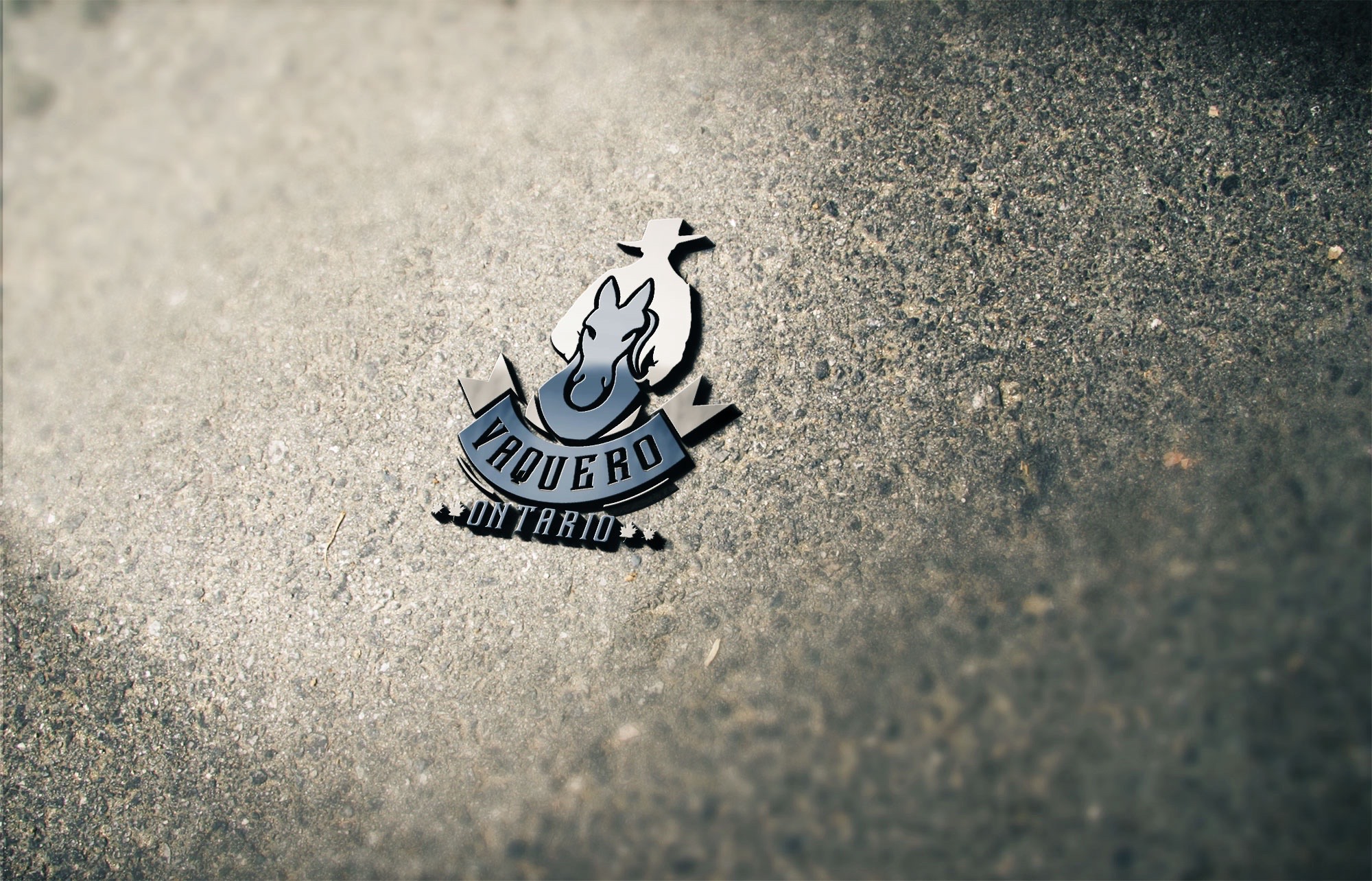On Riding Instructors, Experience, and True Horsemanship
Riding instructors come in all shapes, sizes, and backgrounds. Like in any sport, most of us don’t start with elite-level coaches—we begin with whoever is accessible and work our way up. I’ve been fortunate in my horsemanship journey to travel and learn from some truly world-class trainers, as well as authentic, working Vaqueros. Their insight reshaped my understanding of horses and riding.
After buying my first horse and stepping away from a structured lesson barn, I quickly realized just how little I had actually learned. At the time, I felt confident—I could ride any of the barn’s school horses with ease. I could walk, trot, lope, back up, and turn without any issue. And I had never fallen off. By all beginner standards, I was doing well.
But owning my own horse—a four-year-old AQHA gelding with only two months of training—was a very different experience. He exposed the holes in my knowledge with remarkable efficiency. I quickly learned how easily a horse could outthink me, subtly shift the balance of control, and challenge what I thought I knew.
At first, it seemed like everyone else around me was managing just fine with their horses. But in hindsight, many weren’t actually riding much at all. Excuses abounded—weather, footing, “just not the right day.” And still, I listened. When someone said they had 30 years of horse ownership under their belt, I assumed they knew something I didn’t.
Over time, I realized that wasn’t always true. Some of these seasoned owners were offering advice not based on sound horsemanship, but on ego—projecting confidence to mask insecurity, passing along questionable information to feel important in front of a novice. It’s something I’ve seen far too often: in barns and arenas, egos can be louder than the horses.
Once, I attended a clinic run by a woman claiming to represent a well-known clinician. It turned out that the clinician had never even heard of her. She was teaching people to strike their horses with a carrot stick—completely misapplying the concepts she thought she’d learned from a boxed video set. And people were paying to learn these methods—unknowingly absorbing poor information that could easily harm their horses.
It’s not uncommon to see novice riders running clinics, handing out self-issued coaching certificates, or referring to renowned trainers as “my coach” after a few online video submissions. Watching a YouTube video or sending a riding clip for review is not the same as genuine mentorship or live coaching—and it’s certainly not a substitute for deep understanding or hands-on experience.
Worse still, some instructors can be seen struggling with a technique one day, only to turn around and try to teach that same technique to others the next. If you don’t fully understand something yourself, you cannot teach it with clarity, let alone pass it on with integrity. A good riding coach should be able to explain and demonstrate what they teach—not just in theory, but in practice.
Finding great instruction in any discipline is difficult. Even certified coaches should not be taken at face value. While equestrian certifications include important elements like first aid, background checks, and concussion awareness, they don’t always reflect practical horsemanship skills. These qualifications are necessary and useful, of course—especially in emergencies. But good horsemanship may well prevent the need for first aid in the first place.
Before accepting instruction, ask yourself: Does this make sense to the horse? If the answer isn’t clear, take a step back. Because at the end of the day, it’s not about how confident the instructor sounds, or how many certificates they have—it’s about whether their methods produce calm, willing, and understood horses.
If you ever get the chance to watch top-tier horsemen work—even just fence-sitting at a clinic—take it. You’ll see the difference immediately. There’s a feel, a timing, and a clarity that’s unmistakable. Many of these horsemen have books, DVDs, and online courses as well, which can offer valuable insight if you’re committed to growing your understanding.
Ultimately, the best teacher you’ll ever have is the horse. But it helps tremendously to have someone guiding you who has truly learned to listen.

